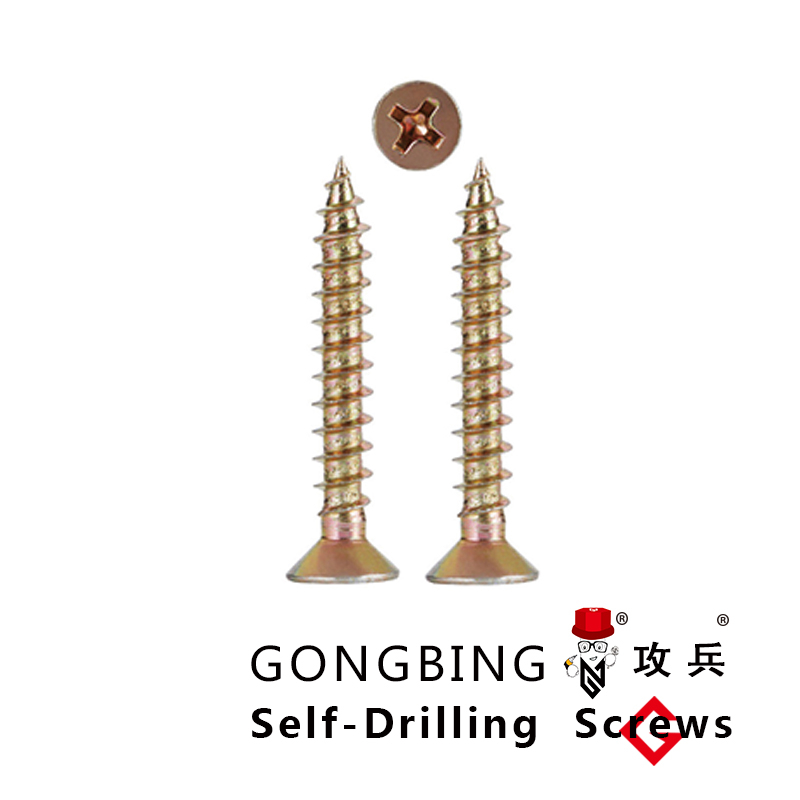bolt anchor resin
Understanding Bolt Anchor Resin A Comprehensive Guide
In the realm of construction and engineering, securing heavy structures and equipment is paramount. One of the most effective ways to achieve this is through the use of bolt anchor resin. This specialized adhesive system is designed to create a strong bond between the anchor bolt and the substrate, ensuring stability and safety in various applications.
What is Bolt Anchor Resin?
Bolt anchor resin is a type of chemical anchoring system that consists of a two-part epoxy formulation. It typically includes a resin and a hardener, which, when mixed, initiate a chemical reaction that creates a solid bond. This resin is primarily used in concrete, masonry, and similar materials to anchor bolts securely in place.
The primary advantage of using bolt anchor resin over traditional mechanical anchors is its ability to provide superior adhesion and load capacity. This makes it particularly useful in situations where mechanical anchors may fall short, such as in cracked or hollow substrates.
Applications of Bolt Anchor Resin
The versatility of bolt anchor resin makes it suitable for a wide range of applications. Here are some of the key areas where it is commonly used
1. Construction and Structural Engineering Bolt anchor resin is widely utilized in the construction of buildings, bridges, and other infrastructures where securing beams, frames, and heavy equipment is crucial. It provides the stability needed for heavy loads in various environments, including seismic zones.
2. Industrial Settings In factories and manufacturing plants, machinery often requires anchoring to prevent movement during operation. Bolt anchor resin guarantees that equipment remains in place, enhancing safety and efficiency.
3. Diy Projects For homeowners and DIY enthusiasts, bolt anchor resin is an ideal choice for securing fixtures such as shelves, cabinets, and heavy furniture. Its ease of use and strong holding capacity provides peace of mind in residential applications.
bolt anchor resin

4. Renovation and Repair During renovation projects, particularly in older buildings, existing concrete might pose challenges for mechanical anchors. Bolt anchor resin allows for effective anchoring in such conditions, ensuring a robust connection even in compromised materials.
Advantages of Using Bolt Anchor Resin
The choice to use bolt anchor resin offers several benefits
- High Load Capacity One of the key advantages is its impressive load capacity. Bolt anchor resins can withstand significant tension and shear forces, making them suitable for heavy-duty applications.
- Versatility The ability to bond with various substrates, including wet and dry surfaces, makes bolt anchor resin a versatile solution for multiple environments.
- Corrosion Resistance Many formulations of bolt anchor resin are resistant to chemicals and environmental factors, which is particularly important in industrial settings.
- Ease of Use The application process for bolt anchor resin is straightforward. Users simply mix the resin and hardener, insert the bolt into the drilled hole, and wait for it to cure. This simplicity makes it accessible for both professionals and hobbyists.
Conclusion
In conclusion, bolt anchor resin is a vital component in the toolkits of engineers, contractors, and DIY enthusiasts alike. Its ability to create strong, reliable bonds in challenging conditions makes it an invaluable resource in construction and repair projects. With a wide range of applications and significant advantages over traditional anchoring methods, bolt anchor resin is likely to remain a preferred choice in the ever-evolving world of construction and engineering.
As construction techniques continue to advance, the demand for effective anchoring solutions is only set to rise. Understanding the functionality and benefits of bolt anchor resin can help professionals make informed decisions, ensuring safety and structural integrity in their projects.
-
Weatherproof Plastic Expansion Anchors for OutdoorNewsJun.06,2025
-
Sustainability in the Supply Chain: Eco-Friendly TEK Screws ProductionNewsJun.06,2025
-
Load-Bearing Capacity of External Insulation FixingsNewsJun.06,2025
-
Double Head Bolts: Enhancing Efficiency in Industrial MachineryNewsJun.06,2025
-
Corrosion Resistance in Chipboard Screws: Coatings for Wholesale DurabilityNewsJun.06,2025
-
Butterfly Toggle Bolts : Enhancing Structural ResilienceNewsJun.06,2025
